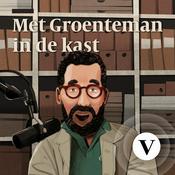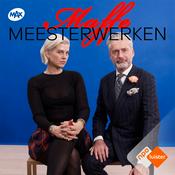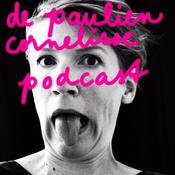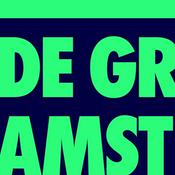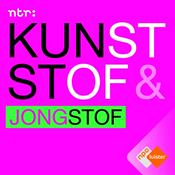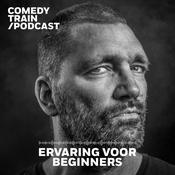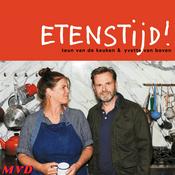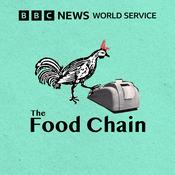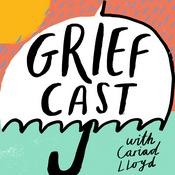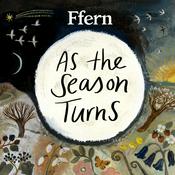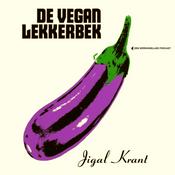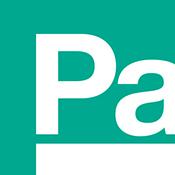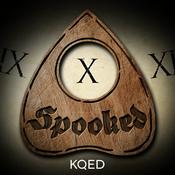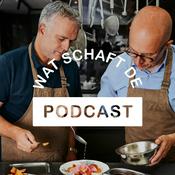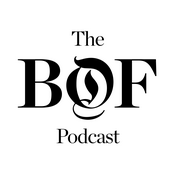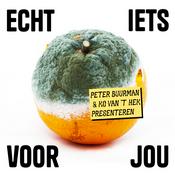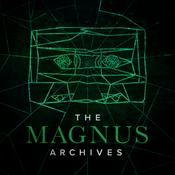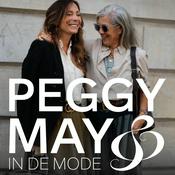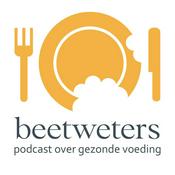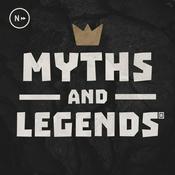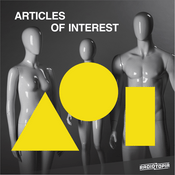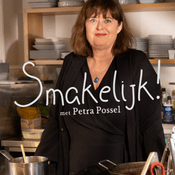69 afleveringen

69. U.G. Krishnamurti: There's No Difference Between the Cat and You
06-1-2026 | 29 Min.
This podcast is a presentation of The Meow Library. "The saints, saviors, priests, gurus, bhagavans, seers, prophets and philosophers were all wrong, as far as I am concerned. As long as you harbor any hope or faith in these authorities, living or dead, so long this certainty cannot be transmitted to you. This certainty somehow dawns on you when you see for yourself that all of them are wrong. When you see this for yourself for the first time, you explode." - Mind is a Myth: Disquieting Conversations with the Man Called U.G. "My teaching, if that is the word you want to use, has no copyright. You are free to reproduce, distribute, interpret, misinterpret, distort, garble, do what you like, even claim authorship, without my consent or the permission of anybody." - Copyright notice prefacing many of U.G. Krishnamurti's published interviews In a classic 1986 interview, anarchic "anti-guru" U.G. Krishnamurti, upon seeing a cat, famously remarks, "there is no difference between the cat and you." What did he mean? Today's podcast digs into this insight with Krishnamurti's trademark disdain for such activities. This podcast is made possible by continued appreciation of our international bestseller, Meow: A Novel.

68. Bookfishing: How Performative Reading May Compromise National Security
11-12-2025 | 26 Min.
This podcast is a presentation of The Meow Library. According to a recent Popsugar article, “bookfishing”—the literary equivalent of “catfishing,” is on the rise. Bookfishing involves simple dissimulation: the perpetrator poses with a high-status book they have no intention of reading in order to lure the bookish element of the opposite sex. While a nuisance in the dating scene, bookfishing has more serious implications in markets like Washington, D.C., where many of our famously literate government officials have fallen victim to its snare. An anonymous source within the Trump administration claims that airdrops of the popular Meow Library series, which renders literary classics as hundreds of pages of the word “meow,” have begun appearing near sensitive government sites. These are speculated to be part of a far-reaching bookfishing plot perpetrated by a hostile foreign government. As a public service, this week’s podcast presents several excerpts from this series to ease in the identification of potential high-level bookfishers. Listen, learn, and remain vigilant. This podcast is sustained by sales of the ultimate bookfishing tool: Meow: A Novel.

67. Cozy Literature: Harmless Escapism or Mass Hypnosis Ritual?
09-12-2025 | 29 Min.
This podcast is a presentation of The Meow Library. “But a humble paperback is not perceived as bad for humanity in the way that time wasted online is. While internet users install app-blocking extensions to prevent the embarrassing loop earlier described, reading remains culturally coded as virtuous, no matter how numbing and anti-intellectual the content.”– Greta Rainbow, “How ‘Cozy Lit’ Became the Latest and Most Shameless Form of Digital Escapism”A “strange new plague from the depths of Asia,” to borrow an image from Raskolnikov’s purifying nightmare in Crime and Punishment, has descended on the literary world: “Cozy Lit.” Originating in Japan and South Korea, Cozy Lit has its tropes. “There should be cats. There should be books in the book…. More cats. There are actually so many cats,” says critic Greta Rainbow in her takedown of the genre for Canada’s The Walrus. “This is vibes-based prose, meant to wash over you—a gentle titillation or linguistic ASMR, not because the prose is magnificent but rather it’s lulling, the literary equivalent of watching someone slice butter on TikTok. Episodic, formulaic, reliably satisfying.” The genre's conventions mirror a highly successful evolutionary strategy deployed by the common house cat—repetitive, predictable vocalizations that lull its human caretaker into a state of suggestibility by hijacking the brain’s language centers. Cozy Lit, ASMR, and social media scrolls, as Rainbow points out, all rely on similarly nullifying content to keep audiences hooked. In theory, a book or audio presentation consisting only of pure feline vocalizations—an extraordinarily successful language interface subjected to tens of thousands of years of refinement—should be the coziest lit of all, outperforming genre stalwarts such as Before the Coffee Gets Cold (8 million copies sold), The Convenience Store by the Sea (500k+ copies), and The Pumpkin Spice Café (250k+ copies). Can this latest literary be credibly likened to by a form of hypnosis perpetrated by domestic animals? Would reading or listening to such material still be considered virtuous? In this week's podcast, we put these ideas to the test. Prepare to get cozy.This podcast is sustained by sales of the worldwide literary sensation Meow: A Novel, which repeats the word “meow” over 80,000 times, and nothing else. Greta Rainbow’s writings can be found on her website.

66. Olivia Nuzzi's American Canto: No Comment
18-11-2025 | 27 Min.
This podcast is a presentation of The Meow Library. "...at least I did not have to worry about the worm that was not a worm in his brain." - Olivia Nuzzi on RFK Jr., excerpted from American Canto"I am worried about the worm in her brain." - Anonymous literary editor, reacting to excerpt from American Canto"At least it isn't the Meow book." - Worm, upon eating through copy of American Canto According to its publisher Simon & Schuster, Olivia Nuzzi's American Canto is "a mesmerizing firsthand account of the warping of American reality... from a participatory witness who got so far inside the distortion field that it swallowed her whole."Venture further into the distortion field as we translate Vanity Fair's excerpt of American Canto for your cat. This podcast is sustained by sales of our debut book, Meow: A Novel. Olivia Nuzzi's American Canto is available through Simon & Schuster.

65. Charli XCX, Wuthering Heights, and the New Victorian Gothic
14-11-2025 | 26 Min.
This podcast is a presentation of The Meow Library. "I wanted to dive into persona, into a world that felt undeniably raw, wild, sexual, gothic, British, tortured and full of actual real sentences, punctuation and grammar." - Charli XCX via SubstackHyperpop sensation Charli XCX has taken to Substack to announce she's eschewing her usual creative process, immersing herself in the world of Emily Brontë's Wuthering Heights to generate new material--not only music, but also writing and film. Notably, she'll be contributing an entire album's worth of score to director Emerald Fennel's upcoming Wuthering Heights adaptation. This week's podcast examines Charli's work in the context of the Victorian Gothic novel, but without "actual real sentences, punctuation and grammar," itself becoming a commentary on her and Fennel's postmodern approach to Brontë. This podcast is sustained by sales of our debut work, Meow: A Novel.
Meer Kunst podcasts
Trending Kunst -podcasts
Over MEOW: A Literary Podcast for Cats
Luister naar MEOW: A Literary Podcast for Cats, Met Groenteman in de kast en vele andere podcasts van over de hele wereld met de radio.net-app
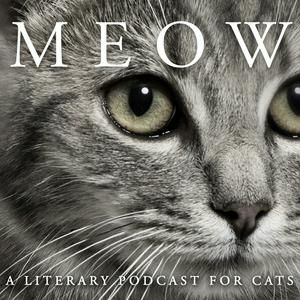
Ontvang de gratis radio.net app
- Zenders en podcasts om te bookmarken
- Streamen via Wi-Fi of Bluetooth
- Ondersteunt Carplay & Android Auto
- Veel andere app-functies
Ontvang de gratis radio.net app
- Zenders en podcasts om te bookmarken
- Streamen via Wi-Fi of Bluetooth
- Ondersteunt Carplay & Android Auto
- Veel andere app-functies


MEOW: A Literary Podcast for Cats
download de app,
luisteren.
